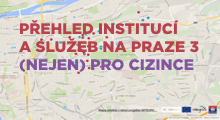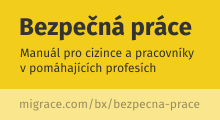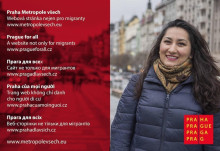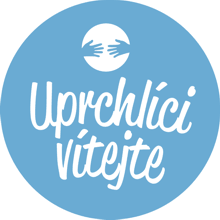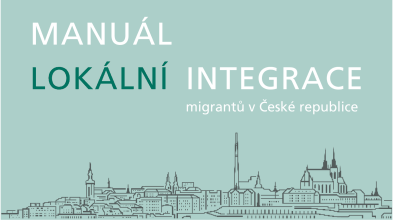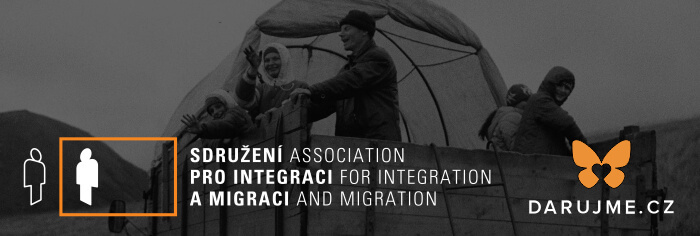International protection procedure
The international protection granting procedure begins when you submit an application to the police or to the Ministry of the Interior. After that, you will be interviewed, possibly for several times. Note that during the procedure:
- You have the right to interpreting service to a language which you are able to communicate in.
- If you feel that the interpreter does not interpret your words correctly, do not be afraid to inform the Ministry officials about that.
- If you do not understand something, do not be afraid to ask for clarification.
- During the interview, do not let yourself be pushed to make any statements that are not true or do not correspond exactly to your situation.
- Do not sign any document you do not fully understand and which has not been properly translated for you.
During the interviews, it is important to give the true reasons that led you to leave your home country, and not to give any false personal data. Do not tell any stories that you have heard from other people, which are not based on your personal experience and which have no connection with your real reasons for leaving home. If you have any documents or other evidence with you which can evidence the information you provided, present it to the Ministry officials. If you do not have such documents, but you can obtain them in the near future, inform the Ministry. During the course of procedure, you have to right to access the file maintained by the Ministry, and add further documents confirming the veracity of your statements. The Czech authorities will not share any of the information, which you provide to the Ministry of the Interior, nor the fact that you have applied for international protection in the Czech Republic, with the authorities in your home country. The proceedings at the Ministry of the Interior, which will result in the first decision, are the most important step in the process of granting the international protection. Therefore, it is important to be as active as possible and arrive at all interviews you are invited to by the Ministry of the Interior. You can also, for example, monitor the situation in your country on the Internet and when you find an article or a report, which is related to your case or to the reasons that made you leave your country, you can add such documents into the file at the Ministry. These documents do not have to be translated into Czech.
The proceedings of granting international protection are governed by the Asylum Act (Act No. 325/1999 Coll.) and the International Convention relating to the Status of Refugees.
Right to legal assistance
During the proceedings at the Ministry of the Interior and before the provincial courts, legal representation is not required. If you decide you want to be legally represented, you have the following options:
1. Lawyer provided by a nonprofit organization (AIM). This assistance is provided free of charge and its extent depends on the ability and discretion of the organization, which you contact.
2. Lawyer who is either:
a) hired by yourself
b) an advocate allocated to you by the court free of charge on your request. The court will provide an advocate, if you prove that you do not have enough money to pay the attorney’s services yourself.
In this context, note that many attorneys have no experience with the asylum proceedings and refugees‘ problems. Therefore, consider whether you really want to hire a lawyer on your own.
If you do decide to be legally represented by an attorney or another lawyer, please, try as much as you can to be cooperative.
During the proceedings, you can supply to the file further documents that would evidence the information you have given. Note, that before the court proceedings, all the documents must be translated into Czech.
During the regional court’s proceedings, you will be prompted by the court to express whether you want to attend the court hearing or not. If you do not respond, the court will rule without a public hearing. The court's ruling ought not to depend on whether you do attend the proceedings or not. However, you are advised to attend the hearing especially when:
- you have a lawyer
- you are supplying additional documents into the file at a time of the hearing
During the Supreme Administrative Court proceedings, the legal representation is mandatory by law. The Supreme Administrative Court does not order an oral hearing and rules in the absence of participants. You, as a participant, have the following options:
a) hire an attorney on your own
b) request allocation of a free attorney. The court will provide an advocate, if you prove that you do not have enough money to pay the attorney’s services yourself.
Asylum or additional protection can only be granted by the Ministry of the Interior, not by the court. The court can only cancel the decision of the court of previous instance and return the case back for further investigation.
- DOWNLOAD AN INFORMATION SHEET


